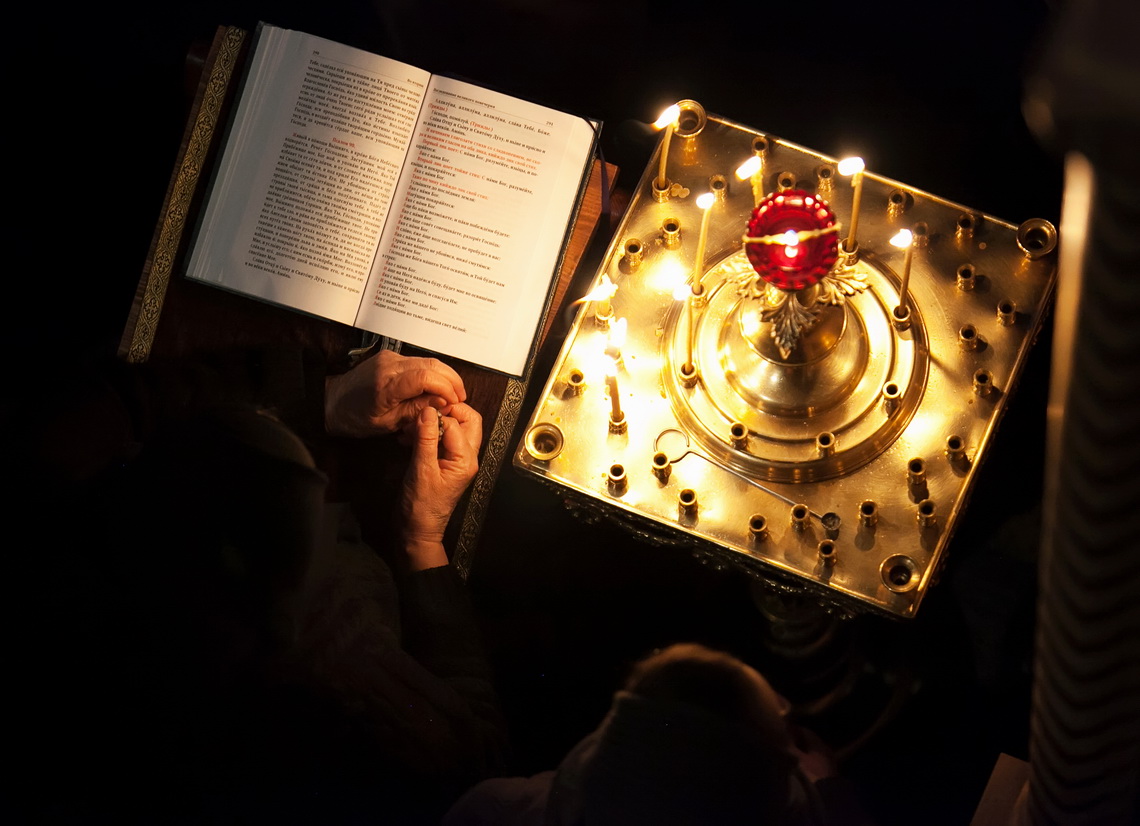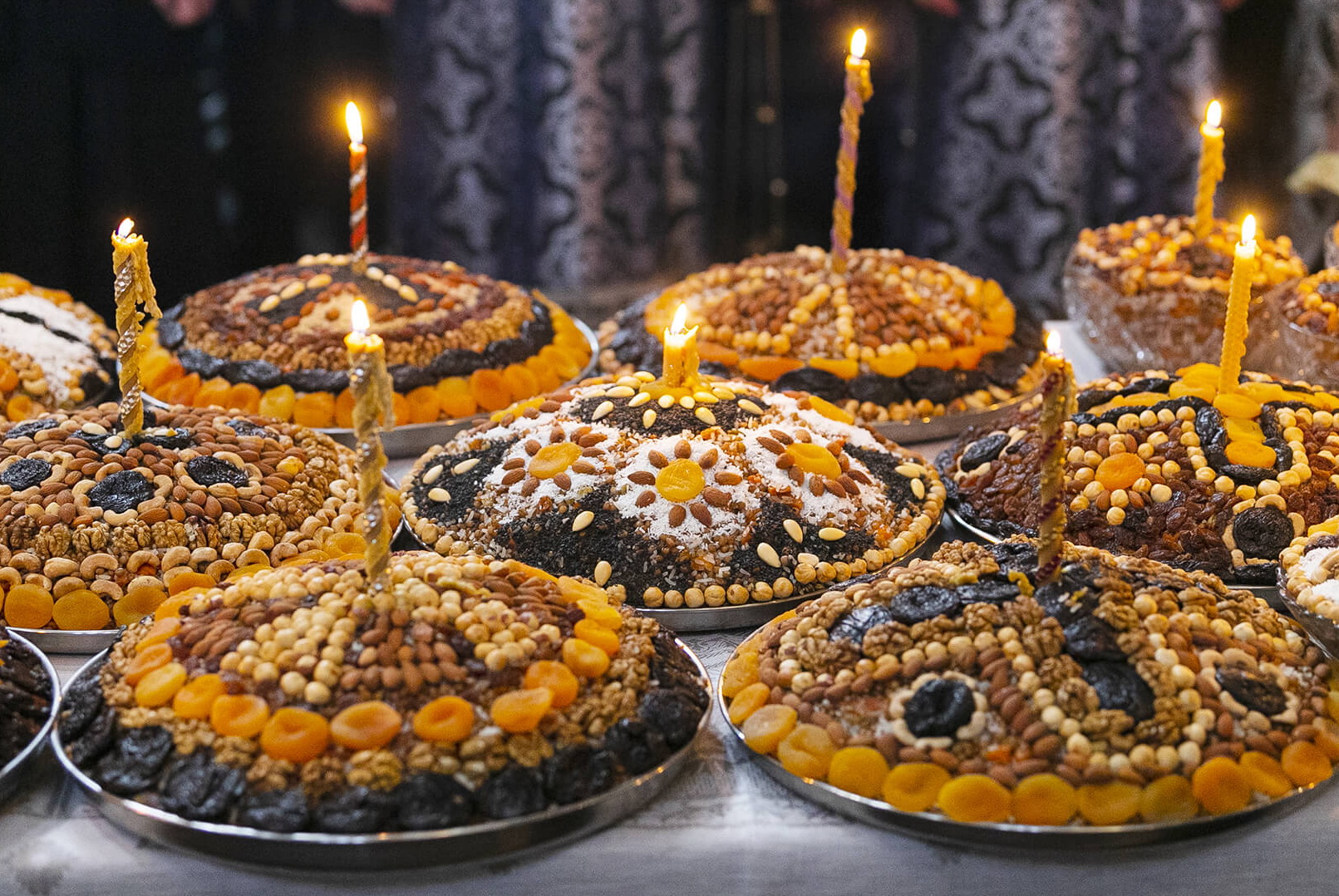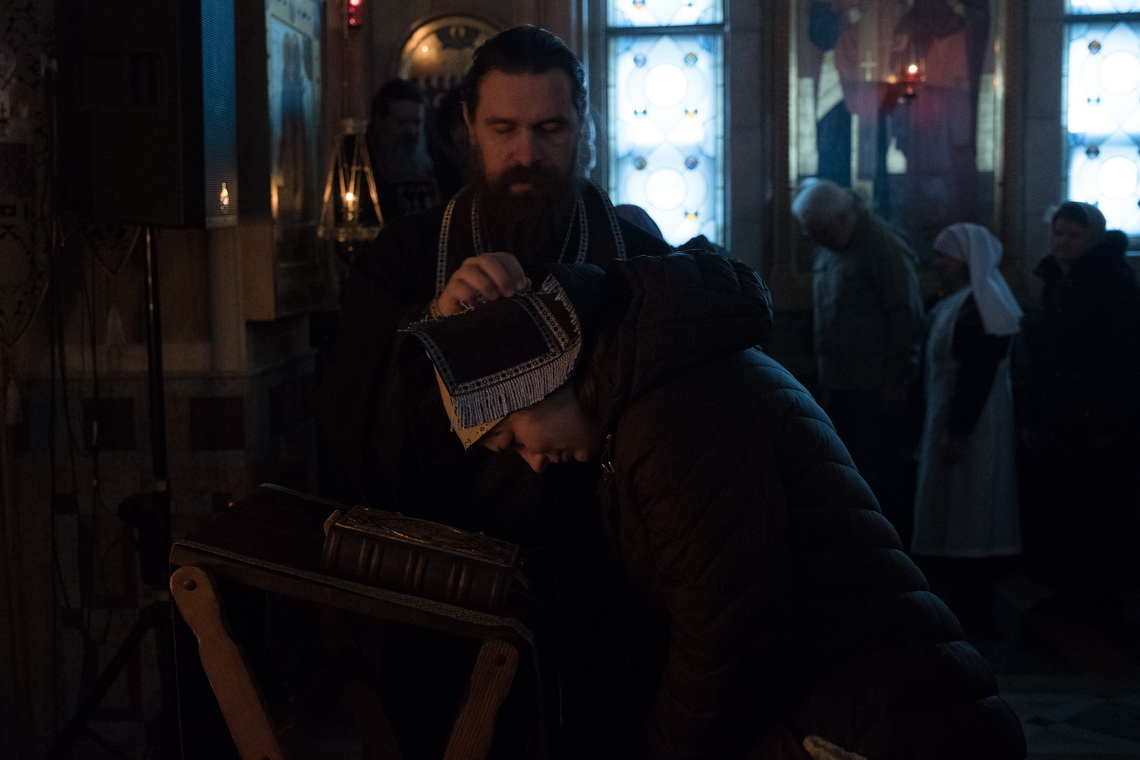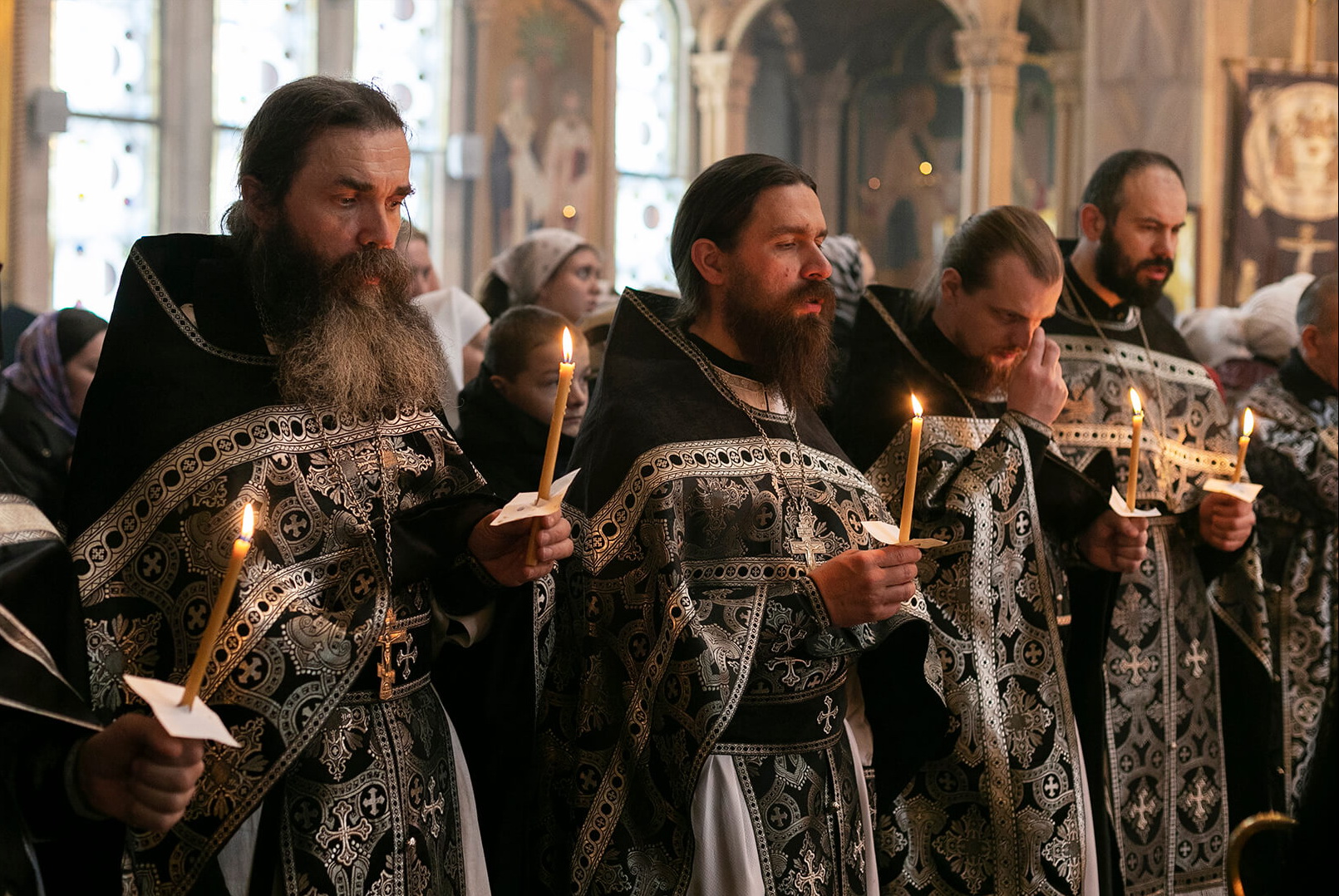
The Great Lent is the longest fasting season of the year for the Orthodox. We all know about the importance of prayer, almsgiving and fasting - the three pillars of Lent. But what are the rules of fasting and are there some things we should not do during this season? Read this article and find out.
Rather than provide us with laws of fasting, the Orthodox Church provides us with guidelines or what could be called as rules. The Lenten fasting rules are very strict and are mostly followed by monastics. Laity usually keeps the first and the last week of the Great Lent super strictly. However, this depends on the person and their parish.

The rules of Lenten fast are written down in the liturgical book called the Typikon.
The Orthodox Church rules for fasting:
The fast is usually broken after the midnight Divine Liturgy on Pascha day.
Now that we’ve talked about the rules of fasting, we must understand that there are some actions we should not do while trying to fast.
First of all, it is very important to note that fasting is a very personal action. We should not boast about it or even mention it at all. Here’s what the Gospel tells us:
“When you fast, do not look somber as the hypocrites do, for they disfigure their faces to show others they are fasting. Truly I tell you, they have received their reward in full. But when you fast, put oil on your head and wash your face, so that it will not be obvious to others that you are fasting, but only to your Father, who is unseen; and your Father, who sees what is done in secret, will reward you.” (Matthew 6:16-18)

Just like with giving alms, when we fast, we must do it in secret. We are not fasting to show others how good we are. We fast because we want to get closer to God by thinking more about Him, not the food.
Which brings us to another point: eating too much “permitted” foods during Lent. Are we really fasting if we eat a huge meal full of rice, seafood and vegetables and go to sleep afterwards, because we are so full? In this case, it would be better to eat a small piece of meat with nothing else on the side, than to feast on “permitted” foods like that.
The point of fasting is to think less about food and more about God; be “hungry” for God and His Word. Feeling slightly physically hungry helps us to get into that headspace. During Lent, our life must become more simple, so the meals we eat must be simple as well. When we fast it is good to cut back on entertainment and take on good things. The point is to try to concentrate on what’s more important - God and the people around us.
The third point is that fasting alone doesn’t save us or do us any good. Fasting is not a diet; rather, it is a spiritual exercise that we do to open our hearts to God. If we fast but always appear irritated and angry because of it - we are not fasting at all. Fasting always goes together with prayer and giving alms - this is something to always remember.

The spiritual father of Saint Elisabeth Convent - father Andrey Lemeshonok offered a wonderful and inspiring sermon after the Monday morning service on the first day of Lent. Here are some words from that sermon which may motivate us to keep going with Lent the right way:
PS - The sisters of Saint Elisabeth Convent believe that prayer can make a difference. If you or your loved ones need prayer support, you can reach out and send us your prayer request by following this link. The Sisters will pray for you during the whole Lenten season.